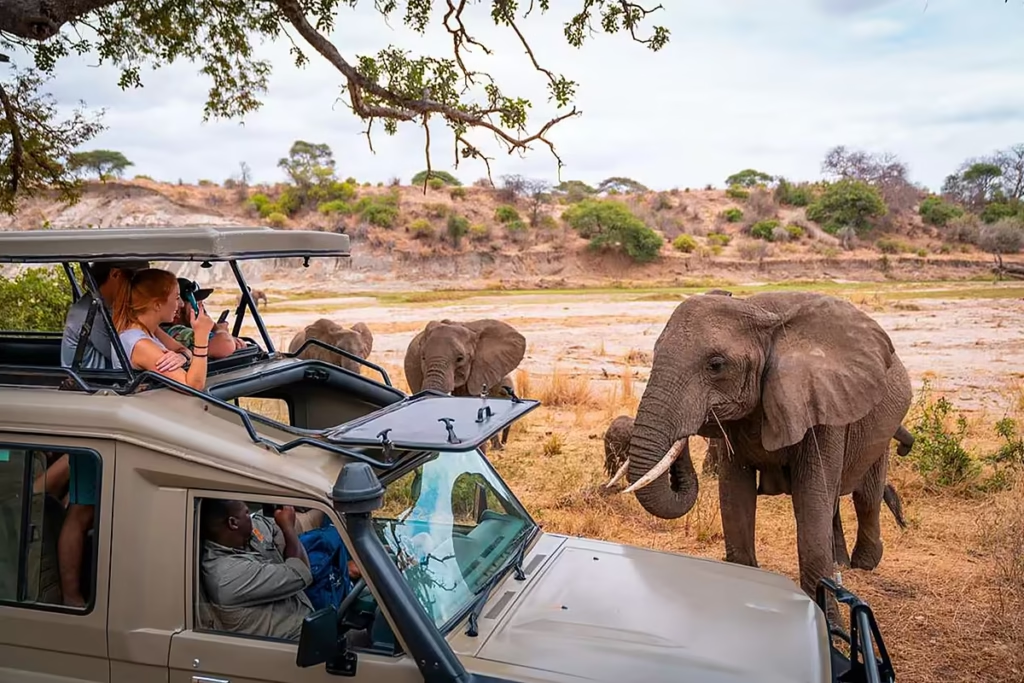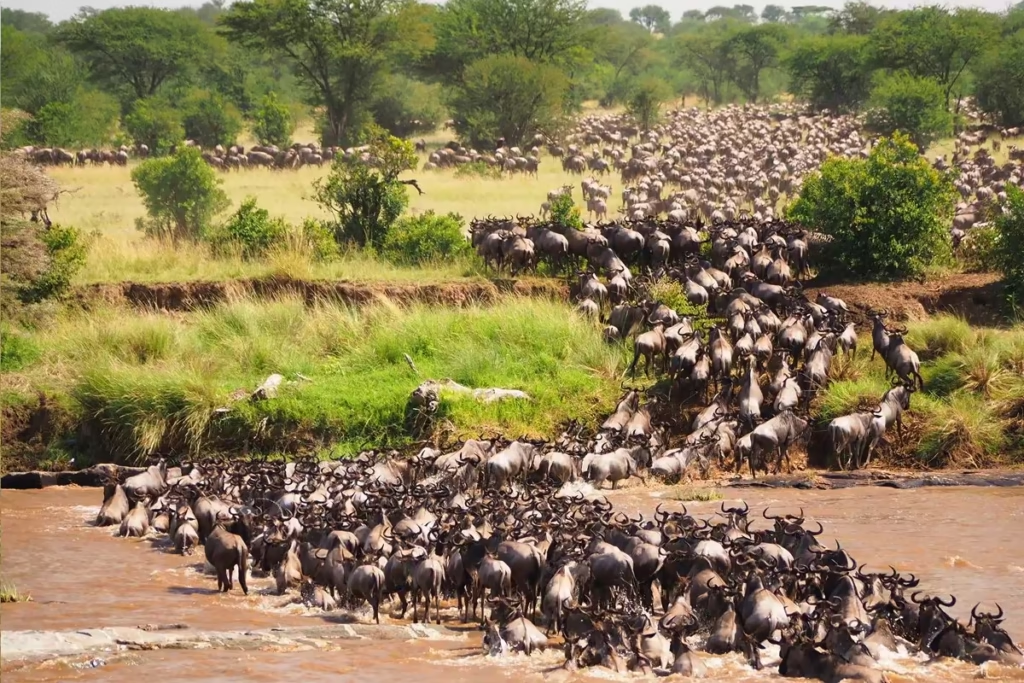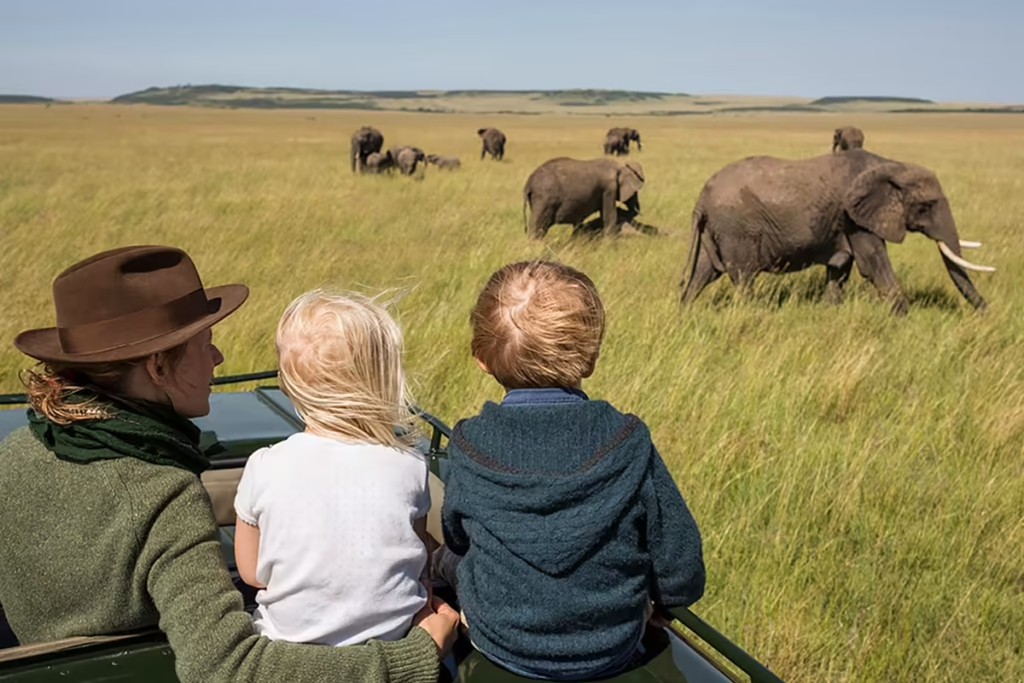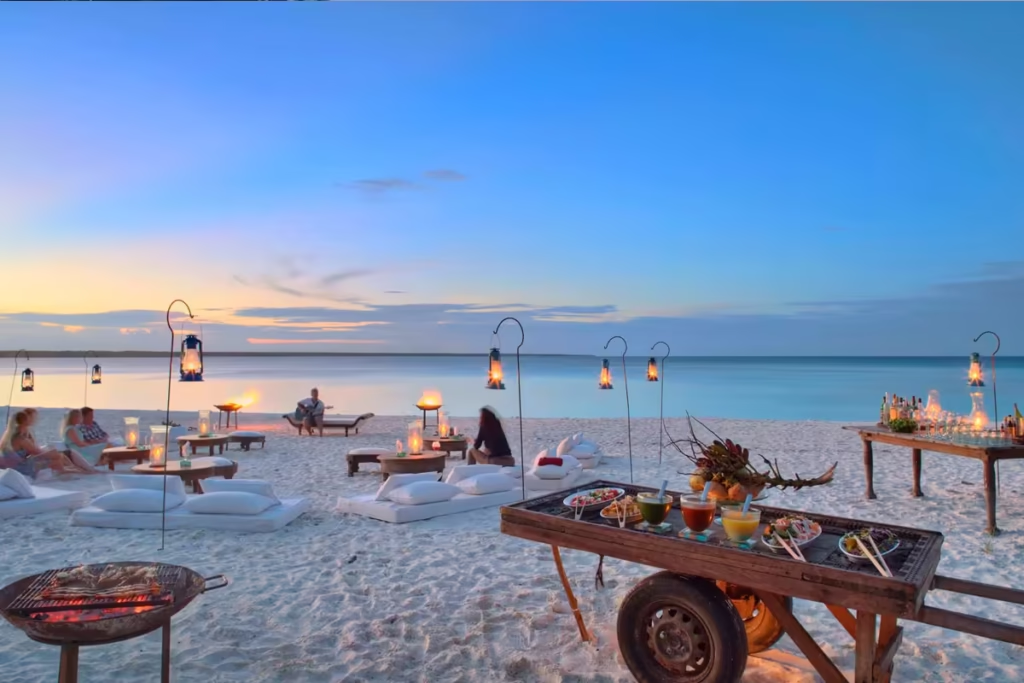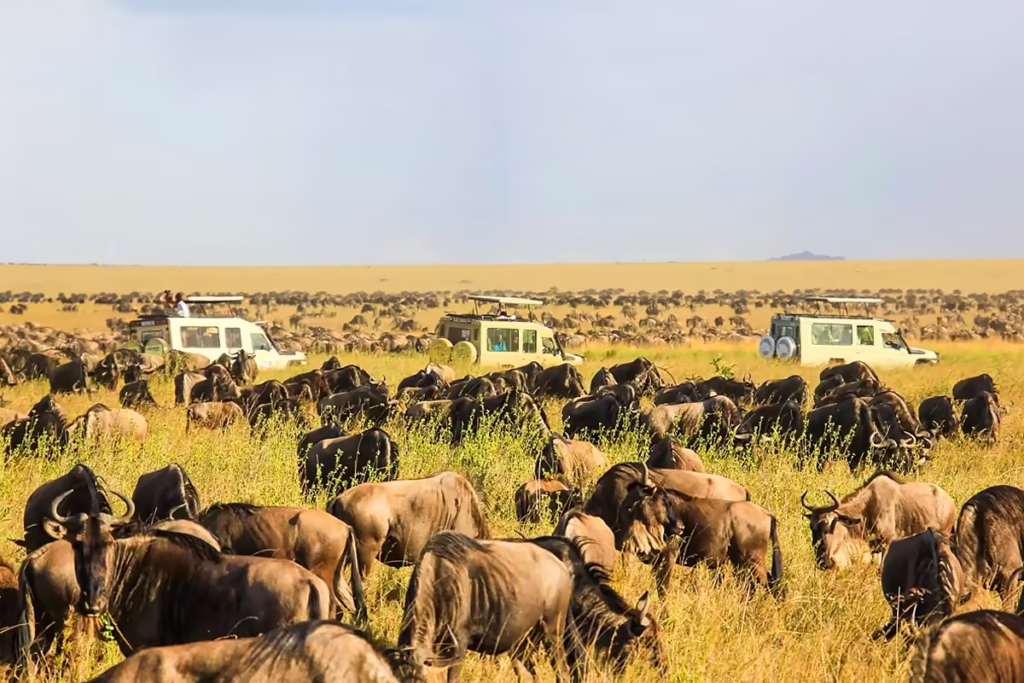How to Get the Best Price for Any Budget on Your First Tanzania Safari
Embarking on your first safari in Tanzania is a once-in-a-lifetime experience—but let’s face it, it can feel intimidating when you’re budgeting for it. From the Serengeti’s majestic wildlife to the Ngorongoro Crater’s breathtaking landscapes, Tanzania is a dream destination, and you don’t have to break the bank to enjoy it. Whether you’re working with a modest budget or going all-out on luxury, there are plenty of ways to save while still getting the most out of your adventure.
In this guide, we’ll explore how to plan your safari strategically to get the best value for your money—without sacrificing the thrill of your journey.
Why a Tanzanian Safari Can Be Affordable for Everyone
Contrary to popular belief, safaris aren’t exclusively for the wealthy. With a little planning and some savvy decision-making, a Tanzanian safari can fit into almost any budget. Here’s why:
- Diverse Options: Tanzania offers safaris ranging from basic camping trips to five-star luxury lodges.
- Flexible Itineraries: You can customize your safari based on time, destinations, and activities, making it easy to find affordable options.
- Group Savings: Traveling with a group can significantly lower costs.
Let’s break it down and find out how you can secure the best price for your safari adventure.
1. Choose the Right Time to Visit Tanzania
Timing is everything when it comes to finding the best safari deals.
High Season (June–October):
This is peak safari season, known for incredible wildlife viewing and the Great Migration in the Serengeti. However, prices for accommodations, tours, and flights tend to be higher.
Low Season (March–May):
During the rainy season, prices can drop by 20–50%! Wildlife is still abundant, and parks are less crowded. Plus, the lush green landscapes make for stunning photos.
Shoulder Seasons (November–December and January–February):
Shoulder seasons are ideal for balancing good weather and moderate pricing. You can often score better deals than in peak season while still enjoying excellent wildlife sightings.
Pro Tip: If you’re flexible, travel during the low or shoulder season to save big on accommodations and safari packages.
2. Book with Local Safari Operators
International travel companies often act as middlemen, adding markups to safari packages. Instead, book directly with local operators based in Tanzania. They not only offer better prices but also provide authentic, on-the-ground expertise.
How to Find Reputable Local Operators:
- Reach out to operators like Pooja Travel & Tours for quotes.
- Request a detailed itinerary to compare services and inclusions.
By cutting out the middleman, you can save up to 30% on your safari package.
3. Decide Between Group vs. Private Safaris
Your choice of safari type can significantly impact the overall cost.
Group Safaris:
- Budget-Friendly: Costs are shared among a group, making this the most affordable option.
- Social Atmosphere: Meet like-minded travelers and share the experience.
- Less Flexibility: Itineraries are fixed, and you’ll share a safari vehicle.
Private Safaris:
- More Expensive: Ideal for couples, families, or small groups, but costs aren’t shared.
- Customizable Itinerary: Full control over where you go and how long you stay.
- Exclusive Experience: Enjoy the safari at your own pace.
Pro Tip: If you’re traveling solo, join a group safari. If you’re with friends or family, splitting the cost of a private safari can be surprisingly affordable.
4. Save on Accommodations
One of the biggest safari expenses is accommodations, but there are options for every budget.
Budget Options:
- Camping Safaris: Stay in basic tents either inside or just outside national parks. You’ll still experience wildlife but at a fraction of the cost.
- Public Campsites: Located in prime safari areas, these campsites offer basic amenities like bathrooms and kitchens.
Mid-Range Options:
- Tented Camps: These offer a mix of comfort and affordability, with private bathrooms and semi-permanent setups in stunning locations.
- Budget Lodges: Affordable lodges near parks often include meals and safari drives.
Luxury Options:
- Luxury Lodges: Indulge in premium services, gourmet meals, and infinity pools overlooking the savannah.
- Luxury Tented Camps: Enjoy the wild in style with plush furnishings, private decks, and five-star service.
Pro Tip: Save money by staying outside the national parks. Nearby towns like Karatu and Arusha offer affordable lodging and easy access to safari locations.
5. Use Smart Travel Hacks
Book in Advance:
Safari packages and flights tend to be cheaper when booked 6–12 months in advance. Locking in early can help you avoid last-minute price surges.
Travel in Groups:
Most operators offer discounts for groups of 4 or more. So, rally your friends or family to share costs!
Combine Parks:
Many operators offer discounts for multi-park safaris (e.g., Serengeti + Ngorongoro Crater + Tarangire National Park).
Negotiate:
Don’t hesitate to ask local operators for discounts or extra perks like free airport transfers or a complimentary night’s stay.
6. Maximize Savings on Transportation
Flights to Tanzania and in-country transportation can eat up a large chunk of your budget. Here’s how to cut costs:
- Search for Deals: Use fare comparison tools like Skyscanner or Google Flights to find affordable international flights.
- Use Public Transportation: For short distances, buses or shared minibuses (dala-dalas) are incredibly cheap.
- Skip Domestic Flights: Opt for overland travel whenever possible—it’s slower but much cheaper than flying between parks.
Pro Tip: Fly into Kilimanjaro International Airport (JRO) for easy access to safari hubs like Arusha.
7. Look for All-Inclusive Safari Packages
All-inclusive packages often combine accommodations, meals, park fees, and transportation into one price. While it may seem expensive upfront, bundling services can save money compared to booking everything separately.
What to Look for in a Package:
- Park entry fees (can range from $30–$83 per person per day)
- Game drives with an experienced guide
- Meals and drinks
- Airport transfers


